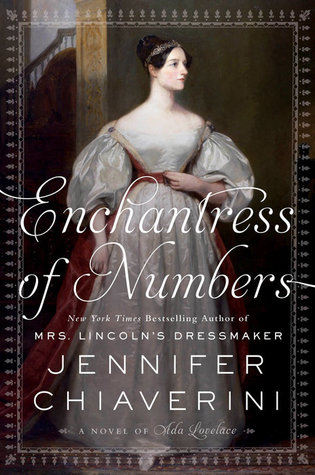In her latest entry in the Roma Nova series, Alison Morton decided to set a novella between the events of the first two novels that I've already reviewed. They are Inceptio and Perfiditas. Click on the titles to access the reviews. I received Carina as a gift from the author via Book Funnel and this is my honest review.

Carina deals with Praetorian protagonist Carina Mitela taking on a mission that turns out to involve a rather large risk. As always, the stalwart Carina did what had to be done. It was a suspenseful narrative. Since I'd already read Perfiditas, which takes place after these events, I knew that Carina would survive. What I didn't know was whether there would be serious consequences for her actions. I also didn't know how her superiors in the Praetorian Guards would react.
My favorite scene in this novella made me a huge fan of Carina's bond with her grandmother Aurelia. Aurelia's experience allowed her to make a strong statement of support for Carina which I really appreciated.
I continue to be disappointed by the lack of significant Pagan religious content in a community founded by Pagan identified Romans who left Rome because the practice of their religion was outlawed. In Carina there is a reference to a ritual that sounded like it might have played an important role in the lives of Roma Novans, but it's only briefly described not shown as part of the experience of the characters who attended. I understand why it was given such short shrift. Morton is very plot oriented, and this ritual was only incidental to the plot.
Yet I also had another area of disappointment. The fact that Carina took the central character to the independent Republic of Quebec intrigued me. I hoped that I would learn about another corner of this alternate universe, but this book reveals relatively little about Quebec in Morton's continuity. Again, I understand why there are no long passages about the alternate Canadian milieu. They would have constituted a digression which would be inappropriate in a fast paced thriller. I just wanted to know more about Carina's world.
On the other hand, I thought that the use of "Aquila" as a code recognition sign in communications was a very nice touch in Carina. Aquila means eagle in Latin. The eagle was the emblem of ancient Roman legions which had tremendous symbolic significance. I found an article about it here. So the utilization of "Aquila" reminds us of Roman military tradition and subtly reinforces Roma Nova's cultural context.
Carina performed the function of being a bridge between Inceptio and Perfiditas very well. It filled in some blanks in Carina's life while giving us another exciting adventure.

